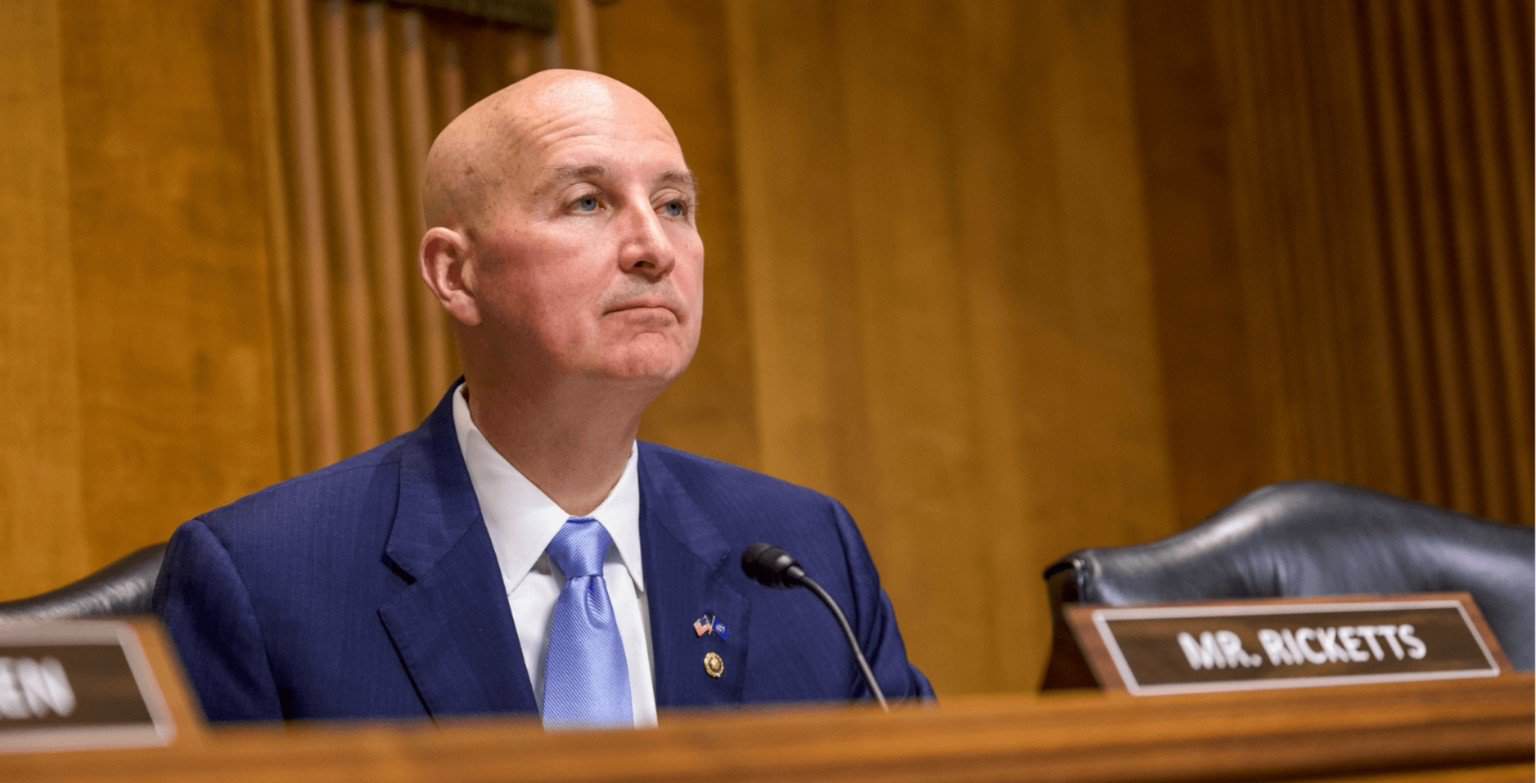U.S. Senator Pete Ricketts raised concerns about Costa Rica’s growing role in drug trafficking during a recent Senate hearing. The Republican from Nebraska spoke out while questioning Melinda Hildebrand, nominee for U.S. ambassador to San José. He pointed out how our country’s long-held image as a stable democracy now faces threats from expanding international cartels and surging violence.
Ricketts highlighted Costa Rica’s shift into a major hub for cocaine shipments heading to the United States and Europe. Local gangs, he said, fight to serve as muscle for big Mexican cartels, driving up violence across the nation. This comes amid U.S. actions, like Treasury Department sanctions on Costa Rican people and groups tied to drug smuggling and money laundering.
Costa Rican President Rodrigo Chaves has pushed back with measures such as a constitutional change allowing extradition of locals for drug offenses. Still, Ricketts noted that cartels adapt quickly. He warned that fentanyl starts to enter the picture, potentially making Costa Rica a base for spreading synthetic drugs.
A day before the hearing, officials from the U.S. Drug Enforcement Administration (DEA), Costa Rica’s Judicial Investigation Agency (OIJ), and other Central American groups met to discuss risks. They expressed worry that Costa Rica might turn into a fresh path for fentanyl ingredients bound for the U.S. U.S. Customs and Border Protection data shows just 0.8% of 2024 fentanyl busts happened at the Canadian border, with most coming from Mexico. Yet, Canadian crime networks grow more active in pulling products from China, the top source of these opioids.
The DEA reports that meth precursor chemicals from China often get mislabeled and sent through real or fake companies in Mexico or Central America. From there, they move to Mexico or get rerouted from legal uses to hidden labs.
Costa Rica struggles with these pressures as violence hits new highs. In 2024, it marked the second-deadliest year ever, and 2025 trends suggest it could top that. Homicides jumped 53% between 2020 and 2023, reaching a record 907 in 2023 alone. Over 900 killings that year made it the most violent on record, per the OIJ. Authorities link more than 70% of murders to drug fights, turning quiet spots like Pavas into hotspots.
Our rainforests, covering a quarter of its land, now see cartel infiltration as they hunt for new routes. This drug surge fuels organized crime, straining resources and boosting corruption in courts—cases doubled from 2019 to 2023.
Tourism leaders voice alarm over the impact. Rising crime and U.S. critiques could hurt the sector, a key economic driver. Freedom House notes sharp increases in drug-linked violence, posing ongoing issues for the nation.
A new U.S.-Costa Rica extradition deal aims to slow trafficking by easing handovers of suspects. In August, the U.S. Treasury targeted notorious Costa Rican traffickers, saying cartels poison communities with fentanyl-laced cocaine. Gangs compete for control of routes, leading to more organized crime violence.
Our country’s shift from a peaceful nation to a transit point stems from our location and ports. Cartels exploit this, drawing in local groups and migrants. Police seize tons of drugs yearly, but the flow persists, overwhelming limited forces.
As our country tries to fight back, experts predict crime will keep climbing without more aid. Our government does its best by boosting patrols and working with the U.S., but vast terrain and clever smugglers make it hard. Families and businesses feel the strain, with calls for stronger steps to reclaim safety.






